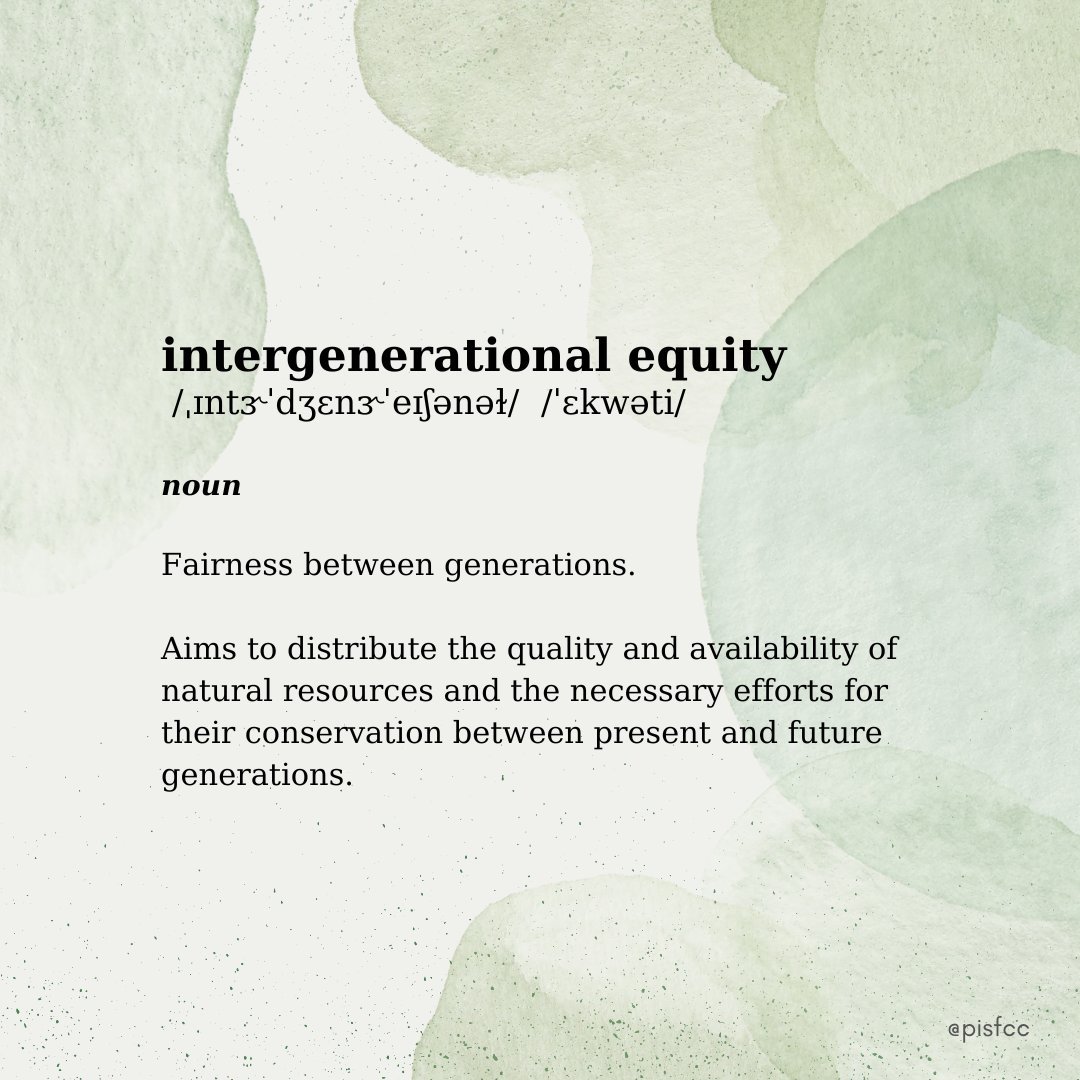What does the 77th United Nations General Assembly have in store for Climate Change Law?
By: Aditi Shetye
In July 2022, the UNGA unanimously recognised the right to a healthy, clean, and sustainable environment as a Human Right. This was revered by many experts, scientists, academics, and lawyers as the right step forward to protect the environment from the adverse effects of climate change and biodiversity loss. Additionally, the Torres Straits case decision by the UNHRC comes with a ground-breaking finding of Australia in violation of its human rights obligation of the island communities from climate change. Thus, it is undeniable that climate change law is transforming fast.
Similarly, amidst all the calls for climate action from various stakeholders around the world, two youth-led NGOs, namely Pacific Island Students Fighting for Climate Change (PISFCC) and World’s Youth for Climate Justice (WYCJ) have been campaigning for the International Court of Justice Advisory Opinion (ICJAO) in the context of human rights law and climate change law for the past couple of years. After a global movement, in September 2021, the Government of Vanuatu announced its support for the ICJAO initiative and to take it to the United Nations General Assembly (UNGA). It declared that it would table a resolution at the 77th UNGA in September to seek an advisory opinion from the ICJ on the matters relating to the integration of Human Rights Law and Climate Change Law. Following that, in May 2022 a global alliance of civil society groups, representing over 1500 civil society organisations in 130 countries, was launched today to support a powerful new climate justice initiative by the Government of Vanuatu to take the human rights impacts of climate change to the world’s highest court.
Following these developments and against the backdrop of the ICJAO campaign at the New York Climate week, the efforts of the youth movements finally seem to have transpired at a high level. During the opening statements, national delegations of the Solomon Islands, Papua New Guinea, and Antigua and Barbuda formally declared their support for Vanuatu’s ICJAO initiative.
On 24th September H.E. PM Browne (Antigua and Barbuda) called to support Vanuatu’s Resolution for an ICJ advisory opinion. He stated, ‘Not to support the Vanuatu Resolution would be a vote to circumvent a decision on the legal obligations of each nation…thereby imperilling human civilization’. Following that, H.E. PM Mr. James Marape (Papua New Guinea) stated “It is Papua New Guinea’s humble view that the atmospheric balance of oxygen and carbon should be ranked the number one focus of all mankind,”. He supported Vanuatu’s initiative to seek an International Court of Justice Advisory Opinion on this existential threat. Similarly, New Zealand, Samoa, Costa Rica, Bangladesh, Liechtenstein, Singapore, and the Organisation of the African, Caribbean, and Pacific States (OACPS) have officially endorsed the ICJAO and announced support for Vanuatu’s initiative.
Building on this moment, it is important to note that many other States are awaiting the actual legal question that Vanuatu is going to table for negotiations. The final vote of the UNGA is expected in late December 2022 or early January 2023. Vanuatu has announced that the legal question will be made public on the 27th of October 2022. They also mentioned that the nature of the question will entail the link between human rights and climate change and shed light upon the nature of the obligations of States to protect the rights of future generations from the adverse effects of climate change.
In conclusion, there is an acknowledgment that, in spite of all these efforts, the ICJ is within its rights to either entertain or dismiss such an advisory opinion. This also largely depends on the nature of the legal question and the final vote of the majority parties at the UNGA. However, following the observations in the nuclear weapons AO given by the ICJ it is noted that this AO is coming at an opportune moment when we have scientific evidence of human impact on climate change. Perhaps, this also brings focus on the youth and their participation in policymaking decisions as their future is at stake.



